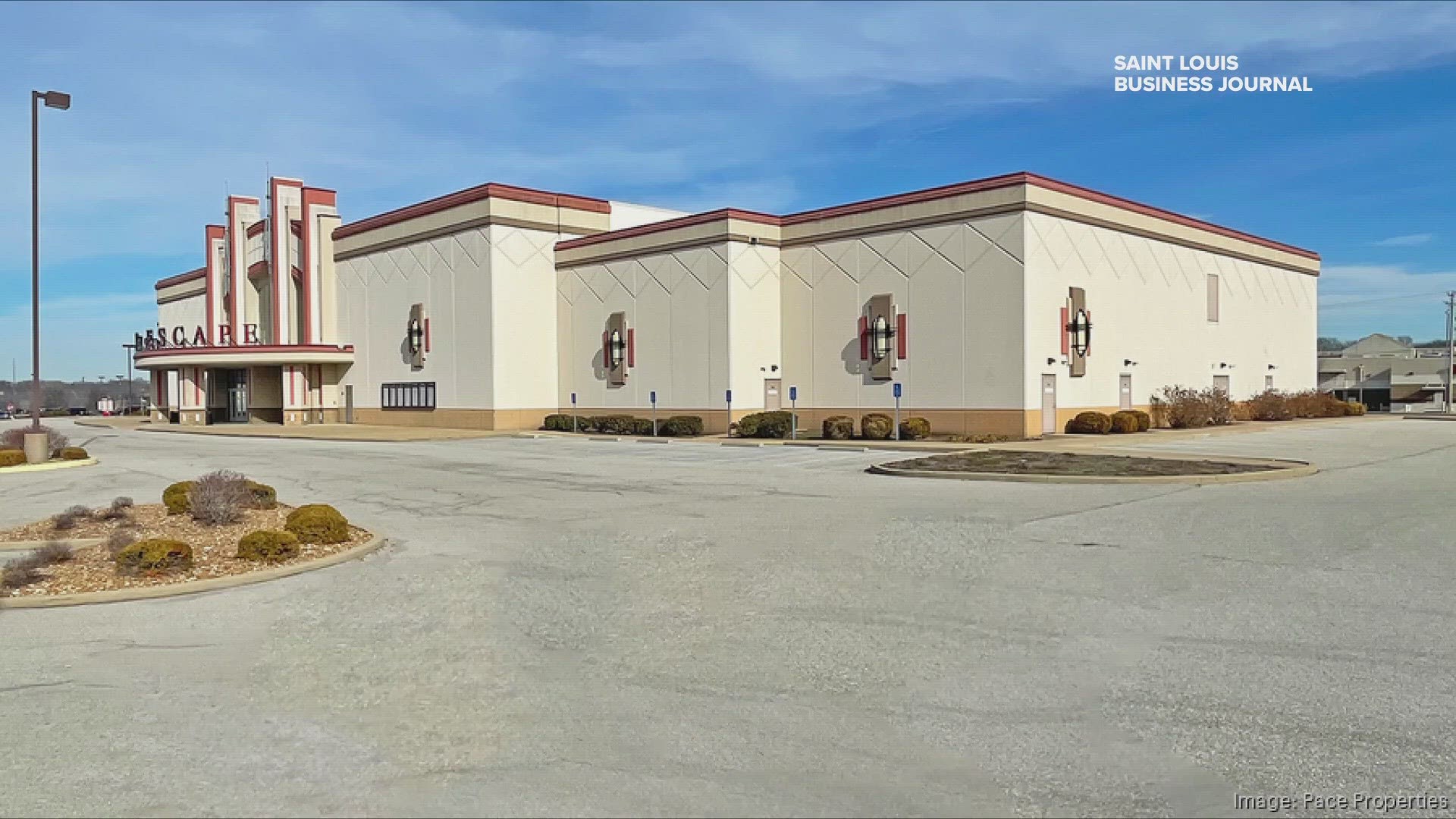ST. LOUIS — A Creve Coeur restaurant and two downtown establishments are a few of the latest regional businesses to close due to Covid-19. They almost certainly won’t be the last.
While many St. Louis businesses reopened Monday, many others are considering whether — or when — to shut down for good. A growing list of permanent closures indicates the Covid-19 pandemic has pushed some businesses past the point of no return.
Nancy Cripe, president of locally based GRS Auction Liquidation & Strategy, said her company is seeing an uptick in liquidations as more businesses shutter.
“It’s an agonizing time, and it's an agonizing decision,” she said. “But once they get to that decision that they're not moving forward, a lot of times once they have a plan to move their assets, they start to feel like they're back in control a little bit.”
We asked Cripe to share tips for businesses that are looking to liquidate, either as part of a downsizing plan or permanent shutdown. The conversation has been edited for length and clarity.
Is it a good strategy for a firm to liquidate some assets even if it’s not going out of business? If they've got good assets, and they're taking care of them, it's actually a way to bring cash into the business. It can infuse you immediately with some working capital, and also free up any costs that you might have. I think what you're going to see moving forward is a lot of businesses are going to start negotiating for smaller spaces with their landlords, and trying to figure out how to get a little bit smaller so they can — to use the 2008 term — right-size.
What types of assets should businesses sell if they want to downsize? Anything that's well-maintained. Manufacturing equipment, tools, restaurant equipment, inventories … it just depends. It can be machine parts, and what a lot of companies refer to as excess MRO, which is maintenance, repair and operations material. A lot of companies, when they upgrade a piece of equipment, they take the older one and they push it aside. It's still a good piece of equipment, but they're paying to store it. One of the things a lot of business owners don't realize is once you put it in storage, it really starts declining in value much faster. Not only that, you're paying storage costs on it.
What advice do you have for companies that need to liquidate because they’re going out of business? First, if you're in a lease, read your lease and be aware of the rules of the lease. Sometimes landlords or property management companies lay claim to things that are attached to the building. Companies may have done upgrades that they may not be able to liquidate. So they want to understand, “What can I actually sell that I've put into this building?” They want to understand the deadlines. We get calls frequently — “I've gotta be out of this building in three weeks.” And we've done it, and we can do it, but people don't make as much money as if they say, “I've got six to eight weeks to sell my assets.” The longer they can be marketed, the bigger audience you can get to, the more bidders that come on, the better it sells. For a good auction, from start to finish, it’s about 28 days.
Planning ahead gives a business time to sell on site. Why is that important? There have been several times where we're pulling up to a restaurant with a tractor-trailer and pulling everything out because they didn't make their exit strategy soon enough. In that case, what typically happens is the assets are sold and the cost of removal is deducted from the proceeds. When you can do a liquidation on site, it’s all the expense of the buyer to remove those items. You also get more value from your equipment if it can be sold on site. Because if you are going to buy a piece of equipment and you can walk in and see where it was used, how it was used, you can flip the switch and you can turn it on and see it work, you're going to have a lot more confidence in spending money on that than you are if it's removed to a warehouse, and maybe isn't hooked up.
Click here for the full story.
More from the Business Journal
- Student sues University of Missouri over tuition
- Closure of gyms is 'arbitrary,' contradicts state order, lawyer says
- During COVID-19, a new priority emerges among some St. Louis homebuyers: a home office
- UMSL to implement salary cuts that will reach more than half of its faculty and staff
- Washington University turns down $6.4M in CARES Act funding
- Forbes names this small St. Louis business one of America's 25 best
- Local catering company finds new way to help couples say ‘I do’ amid COVID-19



